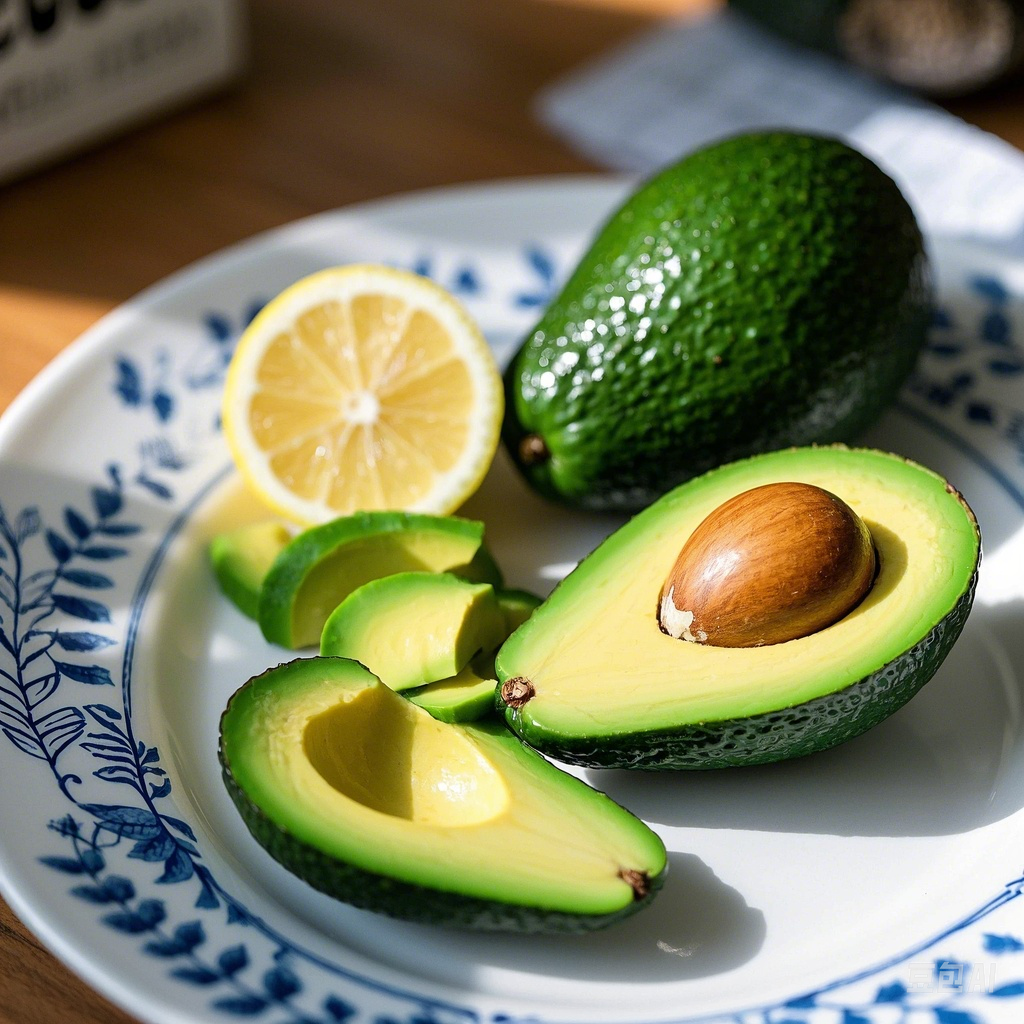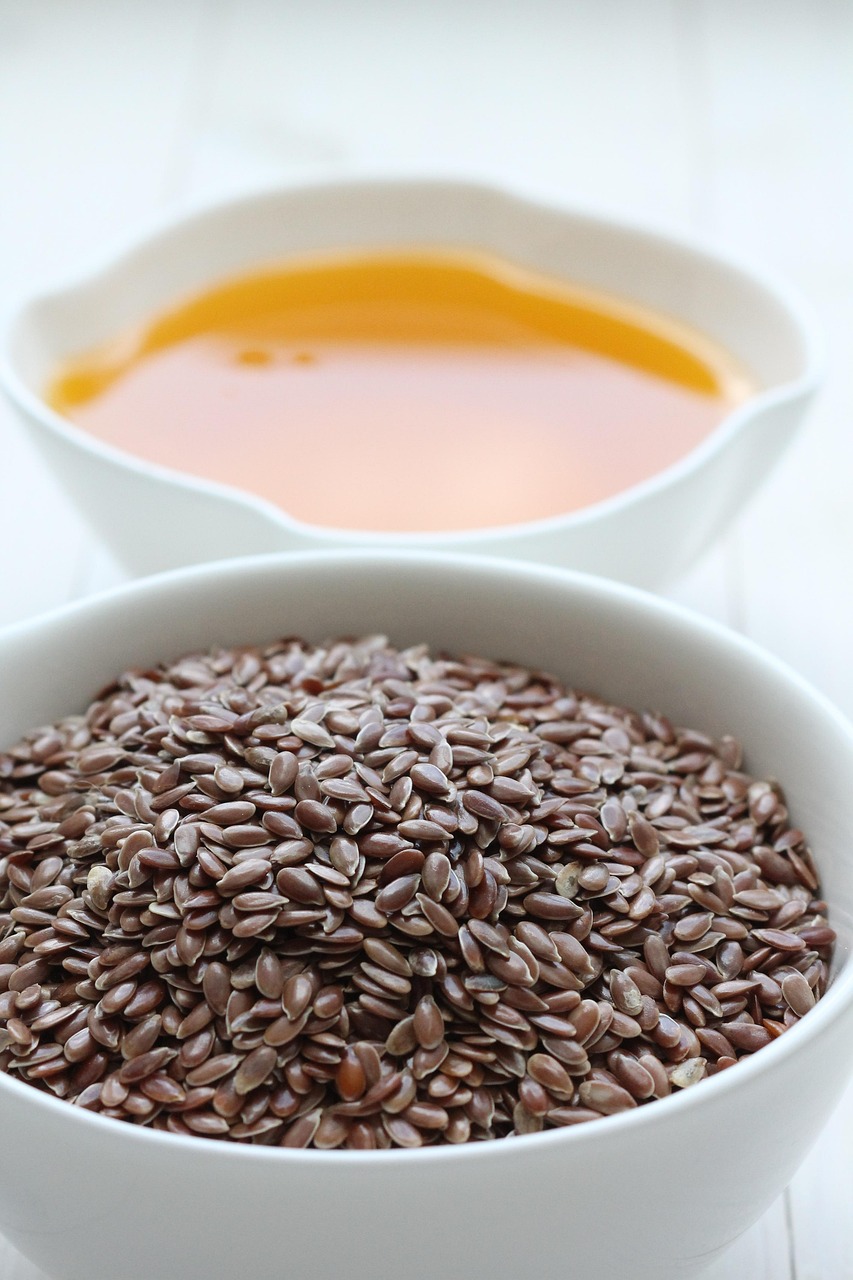Overview
Avocados,often called "alligator pears" due to their rough, bumpy skin and smooth, creamy flesh, are a staple in many global cuisines. While best known as the key ingredient in guacamole, they are incredibly versatile, used in various dishes or eaten plain. Despite their savory taste, avocados are botanically classified as a fruit, specifically a large berry with a single central pit. Originating from Mexico or Central America, Mexico remains the world’s leading avocado producer.
Nutritional Profile
Avocados are renowned for their rich nutritional composition, making them a valuable addition to healthy meal plans. They are particularly popular in low-carbohydrate diets due to their high content of heart-healthy fats and fiber. As one of the highest-fat plant foods, avocados are widely used in vegetarian and vegan diets.
Key Nutrients in Avocados:
When the circadian rhythm is disrupted—due to factors like irregular sleep patterns, night shift
work, or frequent time zone changes—it can negatively affect metabolism. Studies have shown
that:
A medium avocado provides approximately:

Health Benefits of Avocados
Avocados
are packed with beneficial compounds like carotenoids, monounsaturated fats, potassium, and
fiber, all of which contribute to reducing the risk of chronic diseases when incorporated into a
well-balanced diet.
Replacing high-fat dairy products (such as butter and cheese) or processed meats with
avocados provided the greatest cardiovascular benefits.
How to Prepare Avocados
Removing the pit of an avocado can be done safely without the risk of injury. Instead of using a knife, press your thumb against the back of the avocado while supporting the pit with your fingers, allowing it to pop out easily. The flesh can then be sliced, diced, or mashed for various culinary uses. Avocados’ monounsaturated fats are stable at high temperatures, making them suitable for cooking and baking. They can be used as a substitute for butter or oil in baking recipes in a 1:1 ratio (e.g., 1 cup butter = 1 cup mashed avocado).
How to Serve Avocados
Avocados
can be incorporated into meals in numerous delicious ways:
Conclusion
Avocados are a powerhouse of nutrition, offering numerous health benefits while being versatile in the kitchen. Whether added to savory dishes, blended into smoothies, or eaten on their own, they are an excellent choice for a balanced and health-conscious diet.












